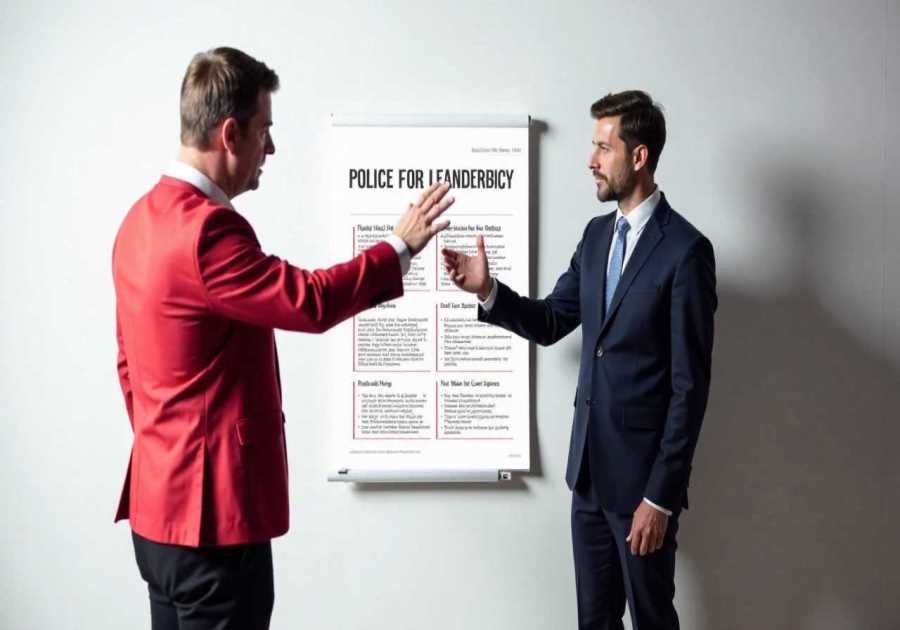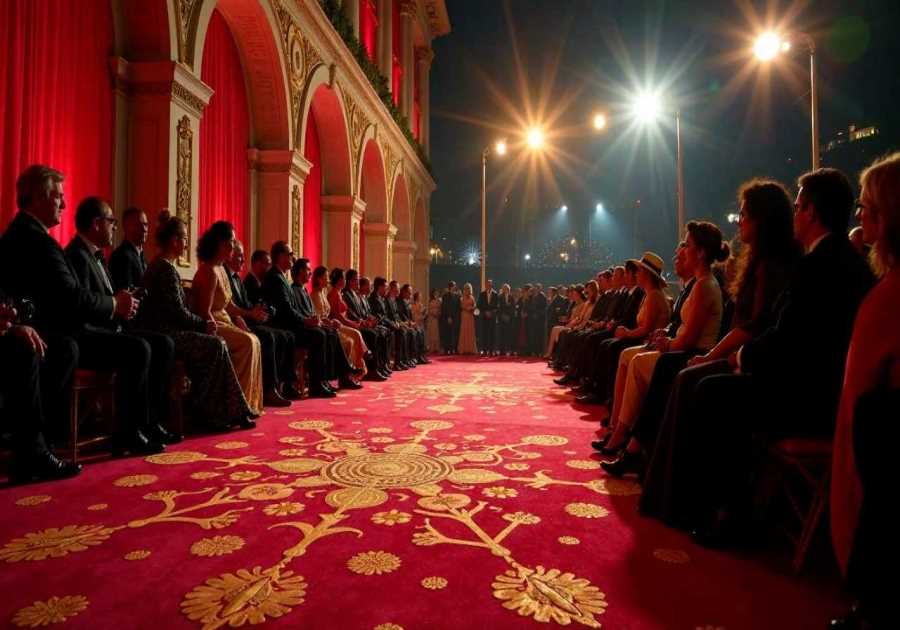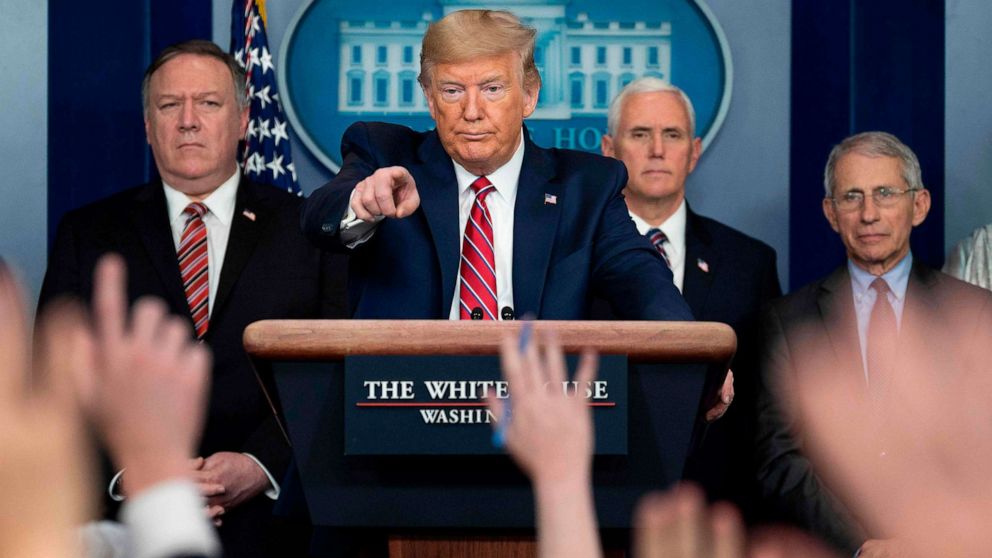
In this informative article, we will explore the intricacies of election campaigns and decode the ten key tactics employed, ranging from campaign financing to election laws.
By adopting an analytical and objective approach, we aim to provide valuable insights into the strategies utilized by political candidates and parties.
With a commitment to maintaining a professional tone, this article aims to inform and educate readers, empowering them with knowledge to better understand and navigate the complex world of election campaigns.
Campaign Financing
Campaign financing is the process of acquiring and managing funds for political campaigns. It plays a pivotal role in shaping the democratic landscape by providing candidates with the necessary resources to compete effectively.
However, the influence of money in politics raises concerns about the fairness and integrity of the electoral process. To address these concerns, transparency measures have been introduced to increase accountability and ensure that campaign donations are made public.
Transparency allows voters to make informed decisions and promotes trust in the political system. By disclosing campaign contributions, candidates are held accountable for their funding sources, reducing the potential for corruption and undue influence.
Moreover, transparency fosters a more level playing field, as it enables citizens to identify any potential conflicts of interest and assess the impact of money on political campaigns.
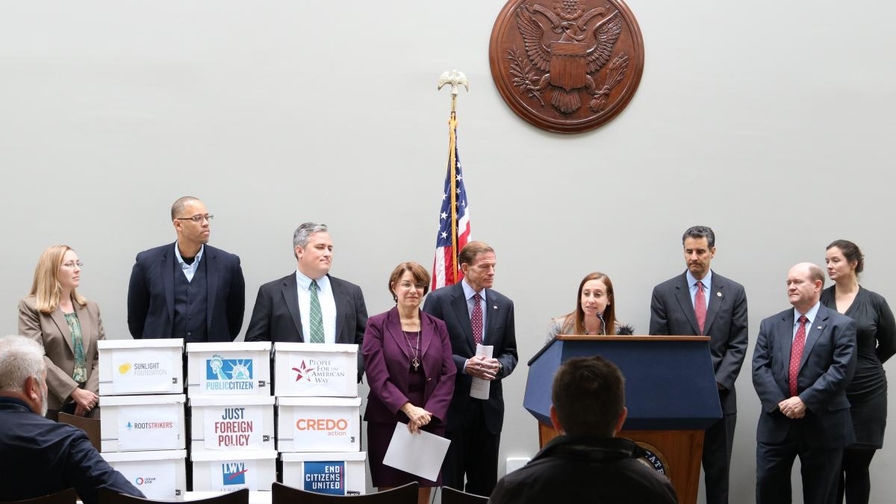
Voter Outreach
Voter outreach plays a crucial role in engaging and mobilizing citizens during election campaigns through the use of targeted communication strategies and community engagement. One of the key components of voter outreach is voter registration. Ensuring that eligible citizens are registered to vote is essential for their participation in the democratic process.
Campaigns often employ various tactics to encourage voter registration, such as setting up registration booths at community events or partnering with local organizations to reach potential voters.
Another effective method of voter outreach is door-to-door campaigning. This approach allows campaign workers or volunteers to directly engage with voters, answer their questions, and address any concerns they may have. Door-to-door campaigning serves as a personal and persuasive way to connect with voters and encourage them to participate in the upcoming election.
Public Debates
Public debates provide a platform for candidates to present their policies and engage with each other in a public forum, fostering transparency and allowing voters to assess their positions.
One crucial aspect of public debates is the role of the moderator. The moderator's responsibility is to ensure a fair and balanced discussion, giving each candidate an equal opportunity to express their views and respond to their opponents. They must maintain order and prevent any personal attacks or disruptions.
Furthermore, fact checking plays a vital role in public debates. It is the duty of the moderator and the media to fact check the statements made by the candidates during the debate. This helps voters make informed decisions based on accurate information rather than misinformation or false claims. Fact checking promotes accountability and helps to maintain the integrity of the democratic process.
Political Advertising
One key aspect of election campaigns involves the use of political advertising. Political advertising plays a crucial role in shaping public opinion and influencing voters' decisions. It allows candidates to communicate their messages to a wide audience and promote their platforms and policies.
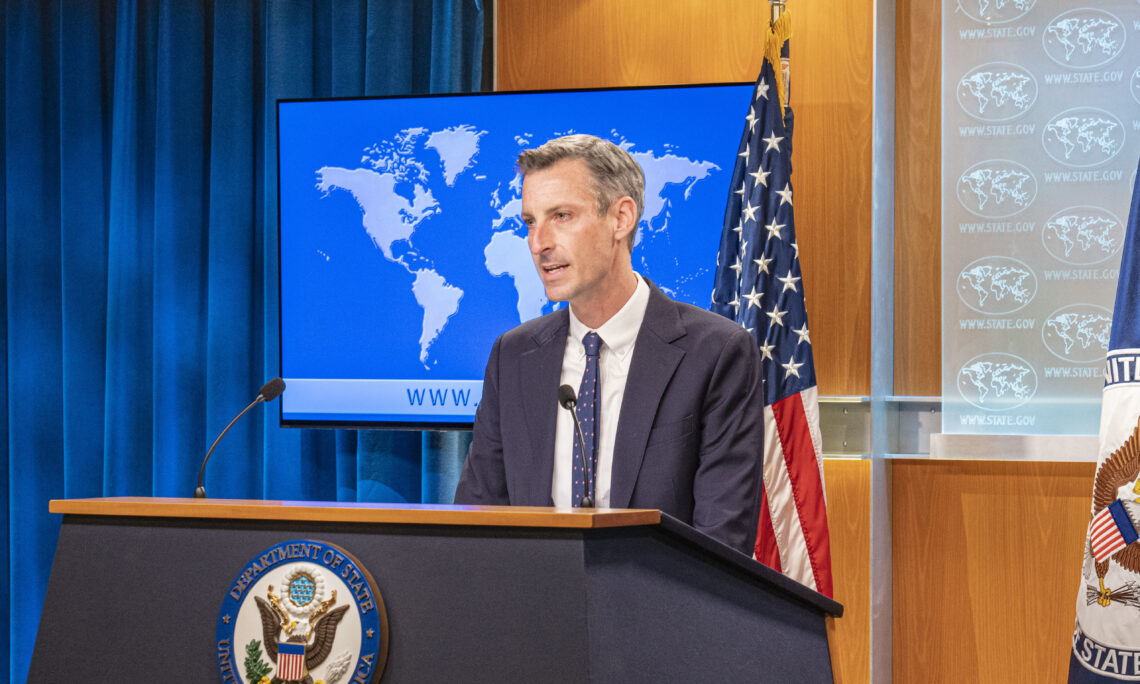
In recent years, the advent of social media has significantly impacted political advertising. Candidates can now utilize targeted messaging to reach specific demographics and tailor their advertisements accordingly. Social media platforms provide a cost-effective and efficient way to engage with voters and mobilize support. These platforms also enable campaigns to track and analyze user data, allowing for more effective targeting and messaging strategies.
As political advertising continues to evolve, it is essential to strike a balance between freedom of expression and responsible advertising practices to ensure a fair and transparent electoral process.
Grassroots Organizing
Grassroots organizing plays a pivotal role in election campaigns, allowing individuals to actively participate and shape the political landscape. Volunteer mobilization and community engagement are key elements of this strategy.
Grassroots campaigns aim to mobilize a large number of volunteers who can reach out to their communities, spreading the candidate's message and garnering support. These volunteers engage in various activities such as door-to-door canvassing, phone banking, and organizing local events.
Grassroots organizing provides an opportunity for individuals to have a direct impact on the campaign, fostering a sense of ownership and empowerment. It allows candidates to build strong connections with voters at the grassroots level, creating a network of supporters who can advocate for the candidate's policies and mobilize others to vote.
This approach is particularly effective in reaching out to diverse communities and ensuring that their voices are heard in the political process.
Frequently Asked Questions
How Does Campaign Financing Differ Between Local, State, and National Elections?
Campaign financing regulations and fundraising strategies differ between local, state, and national elections. Each level of government has its own set of rules and restrictions, which impact how candidates can raise and spend money on their campaigns.

What Are Some Common Challenges Faced by Voter Outreach Efforts in Rural Communities?
Challenges in voter outreach efforts in rural communities include limited access to information, transportation, and technology. Strategies to address these challenges may involve deploying mobile registration and voting units and collaborating with local community leaders to increase engagement.
How Are the Rules and Regulations for Public Debates Determined and Enforced?
Determining public debates and enforcing regulations is a crucial aspect of the electoral process. These rules are typically established by an independent commission or governing body, ensuring fairness, transparency, and equal representation for all candidates and parties involved.
What Are Some Effective Strategies for Targeting Specific Demographics in Political Advertising?
Effective strategies for targeting specific demographics in political advertising include conducting thorough demographic analysis, utilizing data-driven targeting techniques, tailoring messaging to resonate with specific groups, leveraging social media platforms, and employing personalized marketing strategies.
How Can Grassroots Organizing Efforts Be Coordinated Across Different Regions or States?
Coordinating volunteers and building community networks are essential for effective grassroots organizing efforts across different regions or states. These strategies allow for the mobilization of resources and the creation of a unified movement towards a common political goal.




